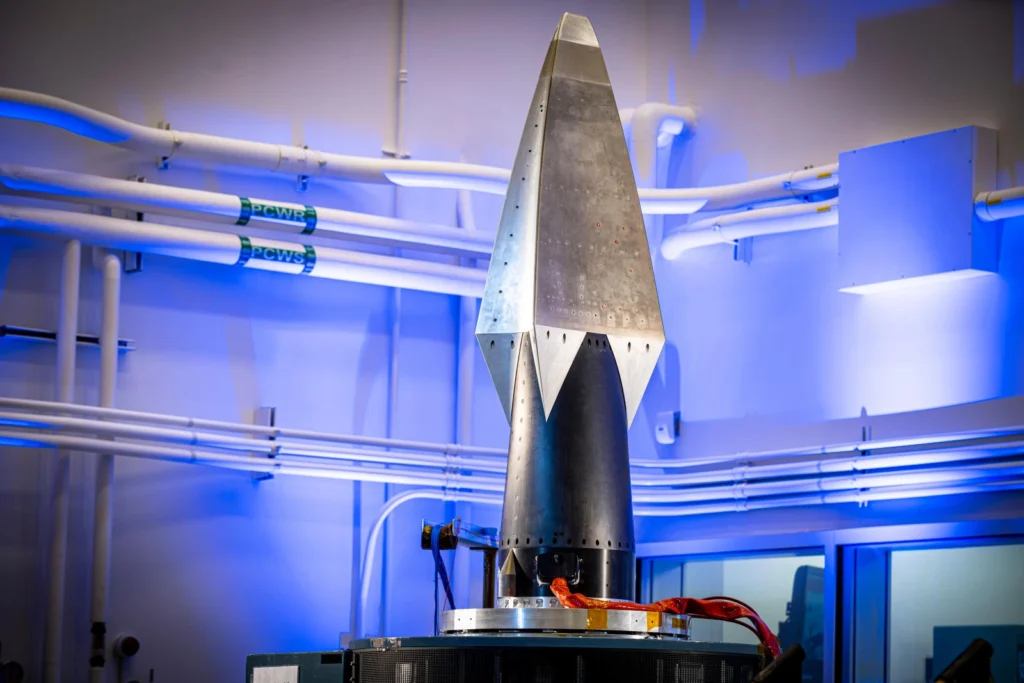Unlocking the Future of Flow Science and Engineering JHU: Inspiring Innovation and Discovery
Unlocking the Future of Flow Science and Engineering JHU: Inspiring Innovation and Discovery! Greetings from Johns Hopkins University’s fascinating flow science and engineering department! Imagine a location where you can investigate the movements and interactions of fluids, such as air, water, and even oil, in daily life. Flow science is all around us, allowing us to tackle practical issues, whether in better material transportation systems or understanding how a river alters the landscape.
At JHU, students engage in cutting-edge research and practical experiments under the guidance of professionals who are equally enthusiastic about education and fluid dynamics. Here, you’ll learn the science underlying how things work and then use that knowledge to come up with original solutions. Prepare to explore the realm of flow science and engineering, and let your curiosity run wild!
Exploring Flow Science and Engineering at Johns Hopkins University
The Essence of Flow Science
The fascinating discipline of flow science studies the behavior and movement of fluids, including gases and liquids. This field at Johns Hopkins University combines mathematics, physics, and engineering to understand intricate phenomena, such as the tumultuous winds of a hurricane or the soft ripples of a stream. Pupils gain a strong basis for a variety of applications, such as resource management and environmental protection, by learning how these motions affect our daily lives and the environment.
A thorough comprehension of the underlying ideas guiding fluid motion is necessary to fully comprehend the complexities of flow dynamics. Students study ideas like pressure gradients, turbulence, and viscosity and investigate how these elements interact in practical situations.They get practical experience through experiments and simulations, which improves their theoretical understanding and equips them for upcoming challenges in engineering and research.
Moreover, JHU’s flow science program encourages multidisciplinary cooperation by bringing together specialists from other domains. With the use of this method, students may apply flow concepts to a variety of fields, including energy systems, biomedical engineering, and even climate research. It also fosters inventive thinking. Aspiring engineers study in a dynamic environment that is enhanced by the interaction of several disciplines.
Innovative Research Opportunities
Johns Hopkins University is well known for its innovative flow science and engineering studies. Students are urged to work on innovative ideas that tackle urgent global issues like air pollution, water scarcity, and renewable energy sources. These research projects add significantly to the field’s accomplishments while also improving academic learning.
Modern facilities at the institution give students access to advanced equipment and technologies needed for flow research. These resources, which range from computational fluid dynamics software to wind tunnels, allow for thorough experimentation and analysis. By collaborating with distinguished faculty members, students enhance their critical thinking and problem-solving abilities while gaining priceless insights into the research process.
Furthermore, JHU’s robust industry partnerships enable internships and cooperative projects. Students may directly observe the effects of their work thanks to this exposure to real-world applications, which also helps close the knowledge gap between academics and practitioners. Students that take part in these programs not only improve their resumes but also make significant contributions to the field of flow science.

Interdisciplinary Applications
At JHU, flow science and engineering cross many conventional boundaries. The concepts covered in this topic have broad applicability in environmental science, aerospace, and healthcare. For example, building medical devices like drug delivery systems and stents that depend on the movement of bodily fluids requires a thorough grasp of fluid dynamics.
Flow ideas are essential to environmental research because they help with both pollution spread prediction and water resource management. Students investigate ways to manage ecosystems sustainably and optimize water treatment procedures. Students who study environmental studies and flow science together will be better prepared to tackle today’s pressing issues related to conservation and sustainability.
Flow science is also widely used in the aerospace sector for the design and optimization of aircraft. Through their comprehension of airflow and its impact on efficiency, students make valuable contributions to advancements in fuel efficiency and pollution reduction. Graduates benefit from this interdisciplinary approach in two ways: it expands their employment options and positions them as important contributors to solving global challenges in a variety of industries.
Real-World Impact
The possibility of having an impact on the actual world is one of the most satisfying parts of studying flow science and engineering at JHU. Students work on initiatives that directly address social problems, like creating more environmentally friendly energy sources or enhancing water management practices. They can apply their knowledge in ways that benefit communities and the environment thanks to this practical experience.
The study of renewable energy sources, such hydropower and wind, is one major area of emphasis in the flow science curriculum, for instance. Students can contribute to the design of more sustainable and efficient technology that can fight climate change by learning about the interactions between fluids and energy systems. Their efforts support long-term international sustainability initiatives in addition to having immediate advantages.
Students can also apply their research in real-world contexts through partnerships with regional businesses and governmental groups. JHU students actively engage in projects that enhance quality of life, whether through policy development or community outreach programs. This dedication to innovation and service highlights how flow science and engineering can change the world for the better.
A Community of Innovation
The flow science and engineering community at Johns Hopkins University is active and cooperative. Together, educators, industry professionals, and students create a creative and innovative atmosphere. This collaborative attitude improves educational opportunities by inspiring students to exchange ideas, take on obstacles, and stretch their knowledge.
The university organizes a number of conferences, seminars, and workshops to foster communication among subject-matter specialists. These gatherings give students the chance to interact with top experts, learn about the most recent developments in flow science, and build professional networks. By actively participating, students stay up to date on new trends and get ready for a job market that is constantly changing.
Peer-to-peer cooperation and mentoring are also promoted by flow science-related student clubs and organizations. Students who are involved in these clubs form lifelong relationships and acquire leadership skills. Their academic experience is enhanced by this sense of community, which also ignites a passion for delving deeper into JHU’s flow science and engineering programs.







